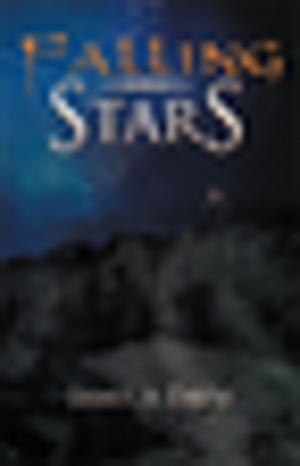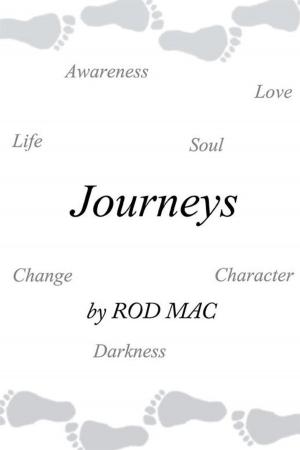| Author: | Frank de Ruyter | ISBN: | 9781493135073 |
| Publisher: | Xlibris AU | Publication: | July 30, 2014 |
| Imprint: | Xlibris AU | Language: | English |
| Author: | Frank de Ruyter |
| ISBN: | 9781493135073 |
| Publisher: | Xlibris AU |
| Publication: | July 30, 2014 |
| Imprint: | Xlibris AU |
| Language: | English |
The story of the Passover is pivotal to biblical history, and Judaism is really defined by what transpired between God and Moses at Mount Sinai. Yet modern Egypt still shrugs its shoulders at the Exodus narrative, and archaeologists like to point out that physical evidence for up to three million Israelites camped for forty years in the Sinai Peninsula is lacking. Christians and Jews still argue about where the Red Sea crossing actually took place. Following Moses attempts to revisit the Exodus question without predisposition. It rationalizes the numbers led by Moses, rebuilds and recalibrates the histories of Israel and Egypt, locates the dynasty and political situation of the time, and traces Moses wanderings with the grumbling Israelites not in Sinai - but in Arabia allowing both Moses and Israel to see off the forty years ban in a place Moses knew intimately, before Joshua finally stepped up to carry Israel forward into its Canaanite promise. The Gulf of Aqaba formed through a massive tectonic movement that brought about the ten plagues in Egypt and sunk ancient Thera. The same rupture formed the Dead Sea basin, tipped Israel eastward and reversed the flow of the Jordan. The desperate Israelites crossed the Red Sea where the modern Strait of Tiran still extends, but at a time when sea levels were one hundred and twenty feet lower than today. The Hand of God lowered the sea still further, allowing Israel to use this submarine land-bridge while it lasted. Mount Sinai finally appears to be modern Jebel Al Lawz, at the western extremity of the Sinai Wilderness, where Moses also originally met God and learned his Name at the burning bush. With these revisions, the Story of Moses is historically reborn..
The story of the Passover is pivotal to biblical history, and Judaism is really defined by what transpired between God and Moses at Mount Sinai. Yet modern Egypt still shrugs its shoulders at the Exodus narrative, and archaeologists like to point out that physical evidence for up to three million Israelites camped for forty years in the Sinai Peninsula is lacking. Christians and Jews still argue about where the Red Sea crossing actually took place. Following Moses attempts to revisit the Exodus question without predisposition. It rationalizes the numbers led by Moses, rebuilds and recalibrates the histories of Israel and Egypt, locates the dynasty and political situation of the time, and traces Moses wanderings with the grumbling Israelites not in Sinai - but in Arabia allowing both Moses and Israel to see off the forty years ban in a place Moses knew intimately, before Joshua finally stepped up to carry Israel forward into its Canaanite promise. The Gulf of Aqaba formed through a massive tectonic movement that brought about the ten plagues in Egypt and sunk ancient Thera. The same rupture formed the Dead Sea basin, tipped Israel eastward and reversed the flow of the Jordan. The desperate Israelites crossed the Red Sea where the modern Strait of Tiran still extends, but at a time when sea levels were one hundred and twenty feet lower than today. The Hand of God lowered the sea still further, allowing Israel to use this submarine land-bridge while it lasted. Mount Sinai finally appears to be modern Jebel Al Lawz, at the western extremity of the Sinai Wilderness, where Moses also originally met God and learned his Name at the burning bush. With these revisions, the Story of Moses is historically reborn..















